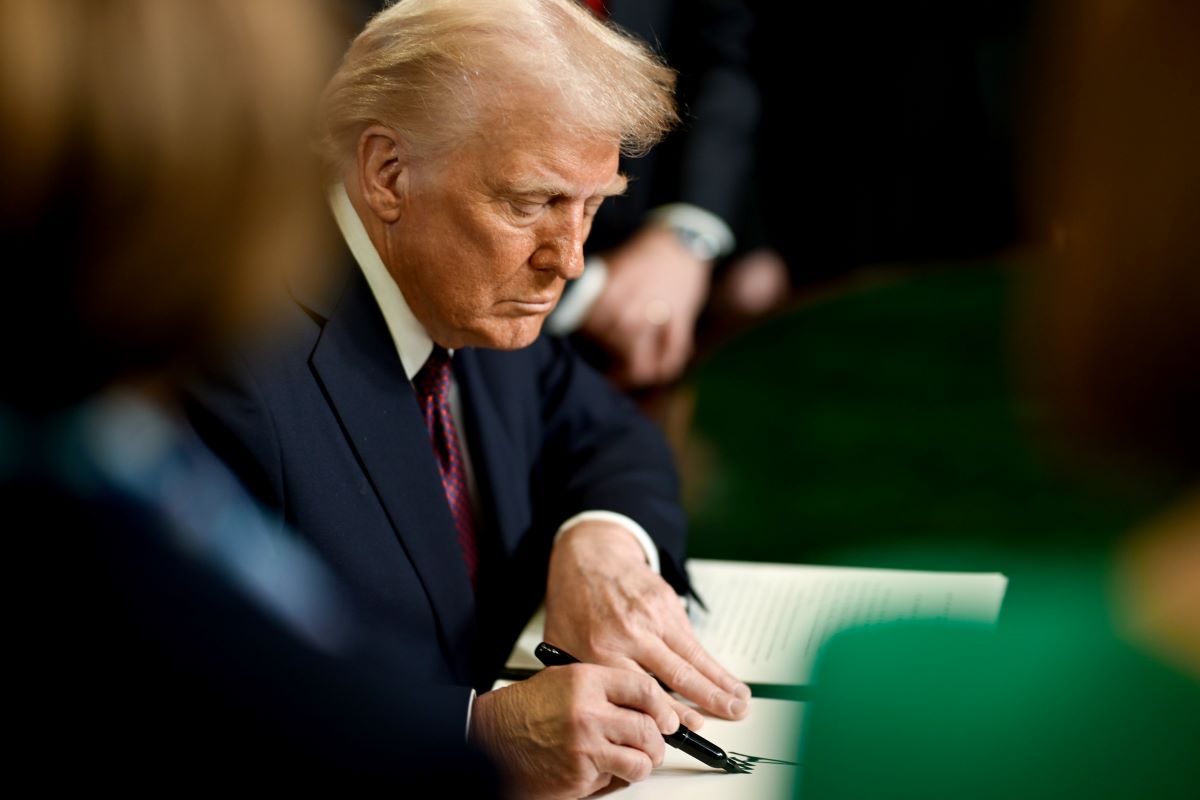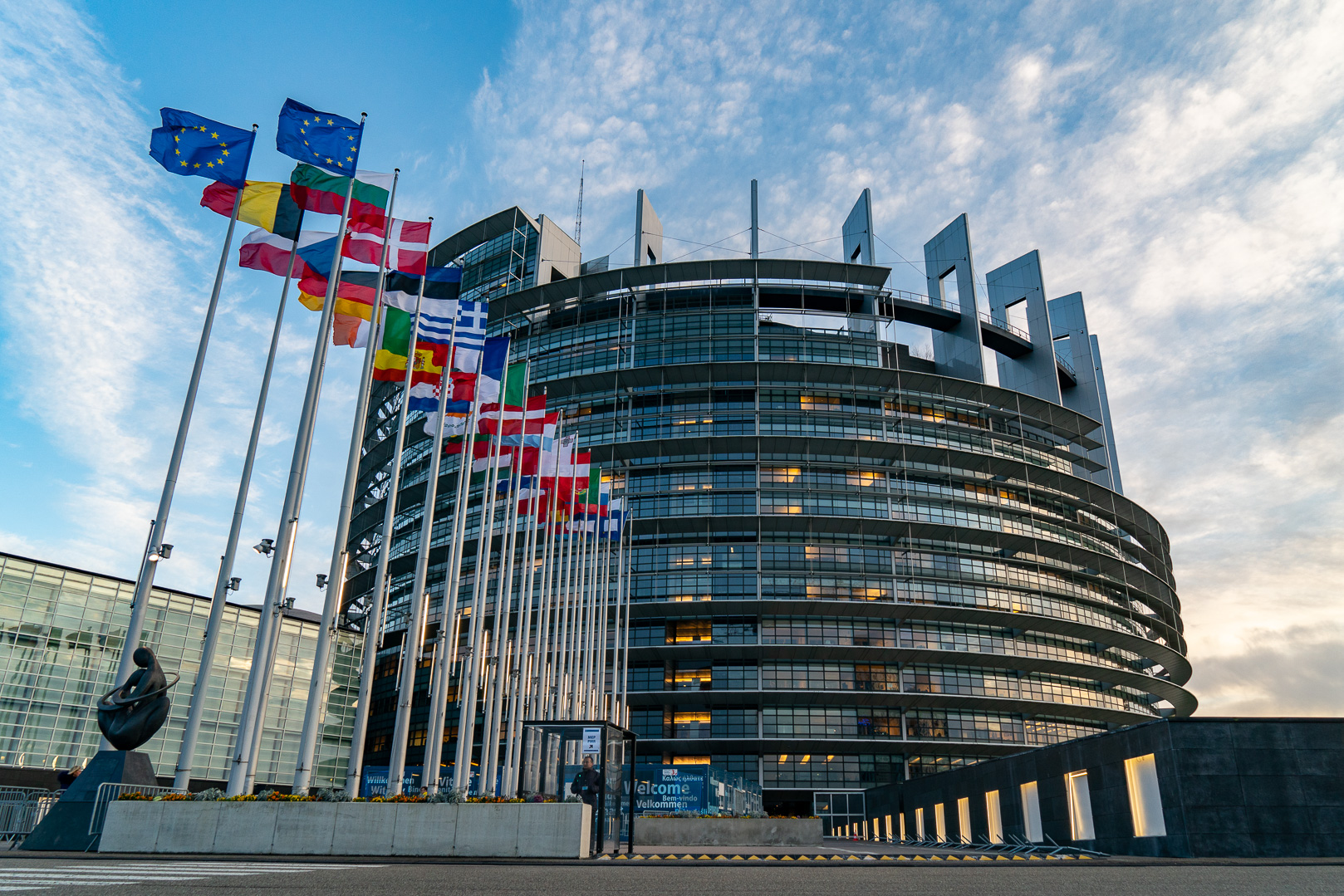In a decisive start to his new term, Donald Trump has signed a series of executive orders that aim to reshape federal operations and regulatory frameworks, with significant implications for businesses across the United States. The orders, signed within hours of his inauguration, address federal workforce policies, regulatory freezes, and energy priorities, setting the tone for his administration’s economic agenda.
One of the key executive orders directs all federal employees to resume in-office work, ending remote work arrangements that had been in place since the COVID-19 pandemic. The policy is aimed at restoring productivity and fostering collaboration, according to administration officials.
This directive could have a ripple effect on private sector employers, many of whom continue to balance hybrid and remote work models. Industries that cater to office-based professionals, such as commercial real estate and public transit, may see renewed demand as a result of this shift.
In another move to streamline operations and reduce bureaucratic hurdles, President Trump has imposed a freeze on the introduction of new federal regulations. This order aligns with his longstanding promise to create a more business-friendly environment.
The freeze includes a review process for all proposed regulations, with an emphasis on eliminating those deemed unnecessary or overly burdensome. Analysts suggest this could be particularly beneficial for industries such as manufacturing, energy, and financial services, which have long advocated for deregulation to spur growth and innovation.
Critics, however, warn that the freeze might hinder the implementation of necessary updates in sectors like technology and environmental protection.
The President also announced a national energy emergency, citing rising fuel prices and escalating global demand as key concerns. An executive order accompanying the declaration outlines immediate measures to increase domestic energy production, including expedited permitting for fossil fuel projects and a review of restrictions on offshore drilling.
While the move has been lauded by oil and gas stakeholders, environmental groups have raised alarms about potential rollbacks of clean energy initiatives and climate-focused policies.
These executive orders are likely to have far-reaching effects on the business landscape. The return-to-office mandate could reshape workplace dynamics, while the regulatory freeze may encourage investment and innovation in certain sectors. The energy crisis declaration underscores the administration’s focus on traditional energy resources, presenting both opportunities and challenges for companies navigating a volatile market.
As President Trump’s administration moves forward, businesses will need to closely monitor policy developments to adapt their strategies and seize emerging opportunities. While the full impact of these orders remains to be seen, the President’s early actions signal a clear commitment to prioritising economic growth and operational efficiency.
Featured Image:
The White House / X
Ryanair cuts Malta link to Serbia’s Niš
The low-cost airline is slashing some major routes in Germany, Spain, Belgium, Portugal and Malta
Event tourism is the standout travel trend for 2026 – How will Malta fare?
The global tourism market is booming, and events are leading the way
EU Parliament agrees on common system to calculate corporations’ taxable income
The reform is designed to replace today’s patchwork of national tax rule






